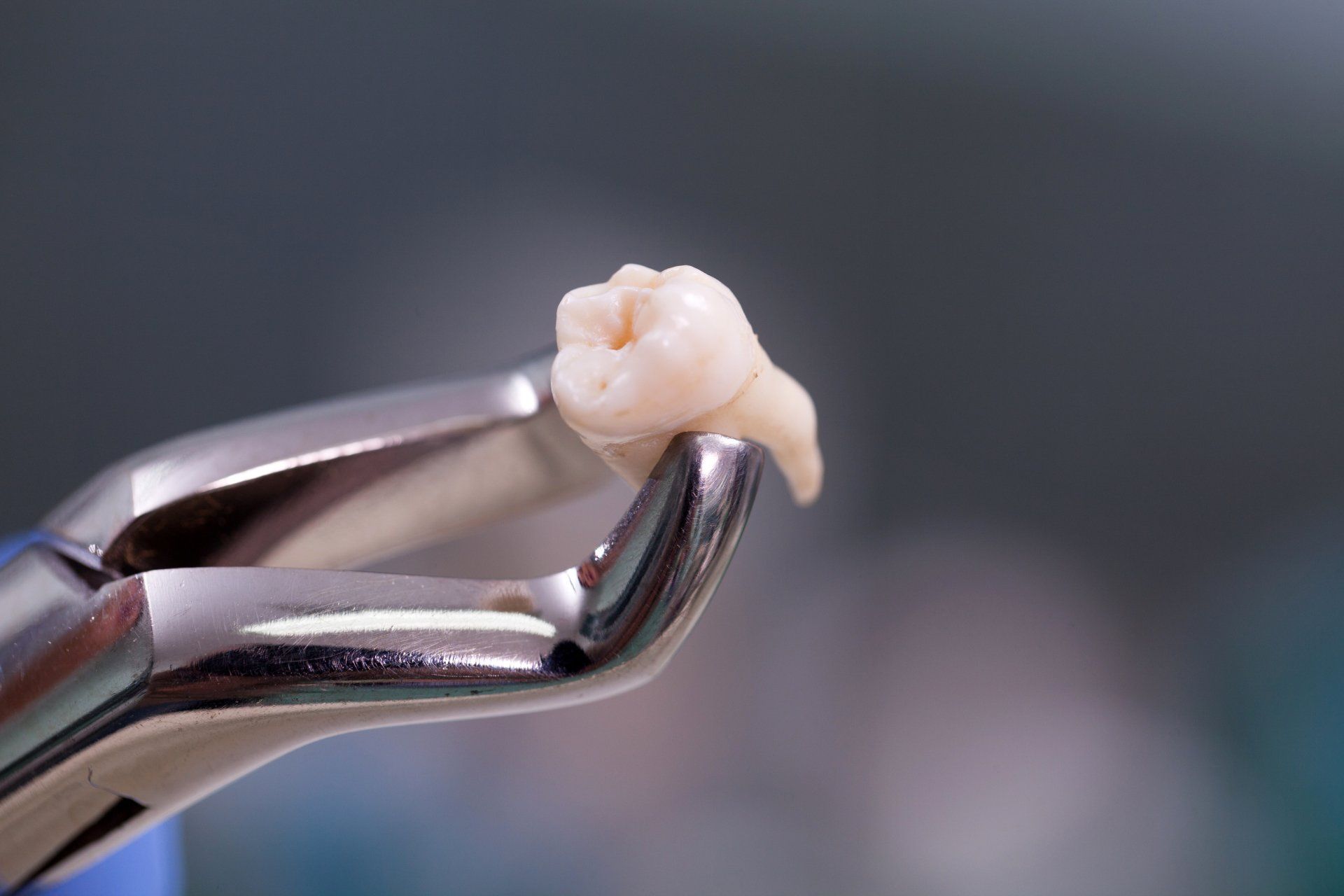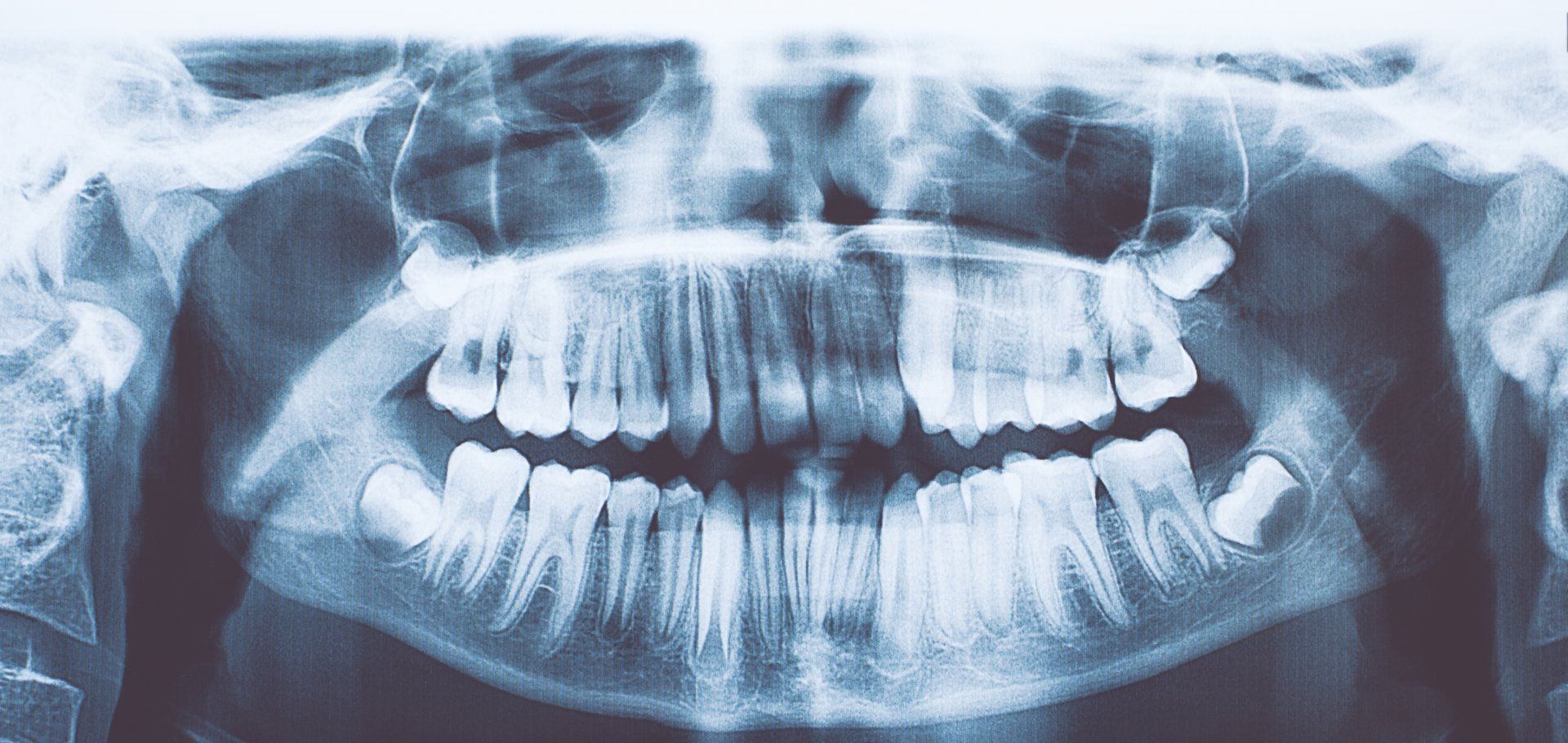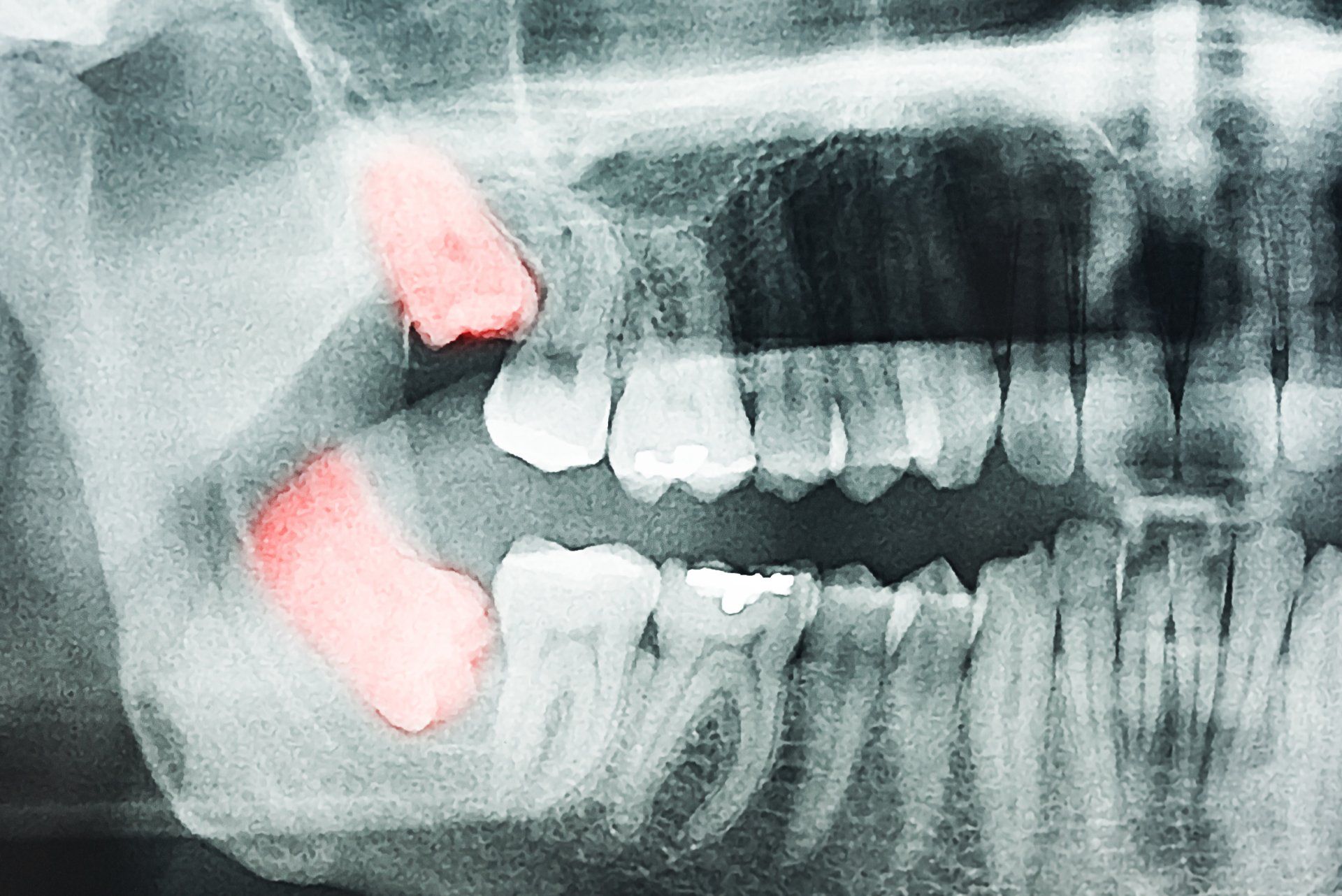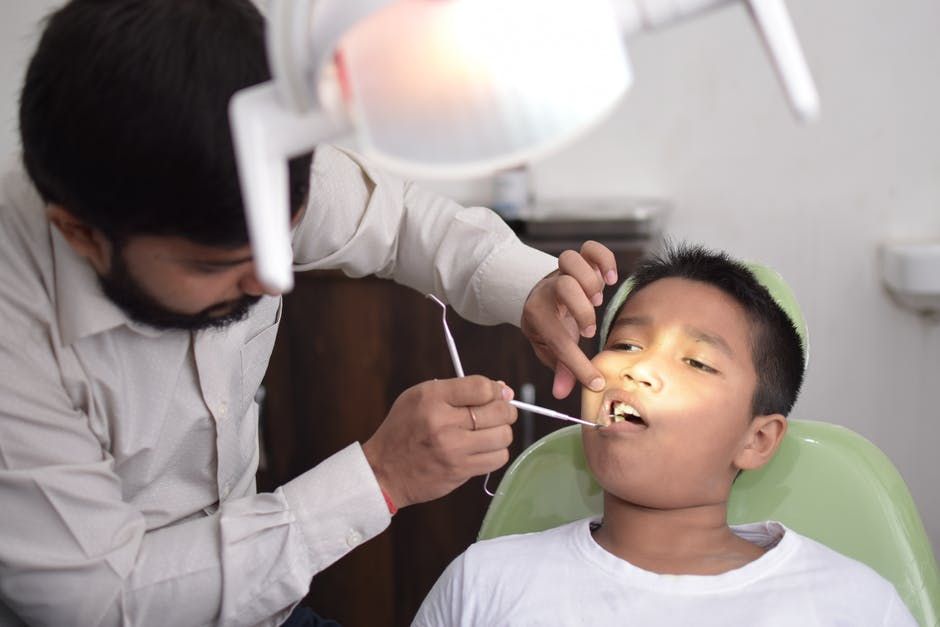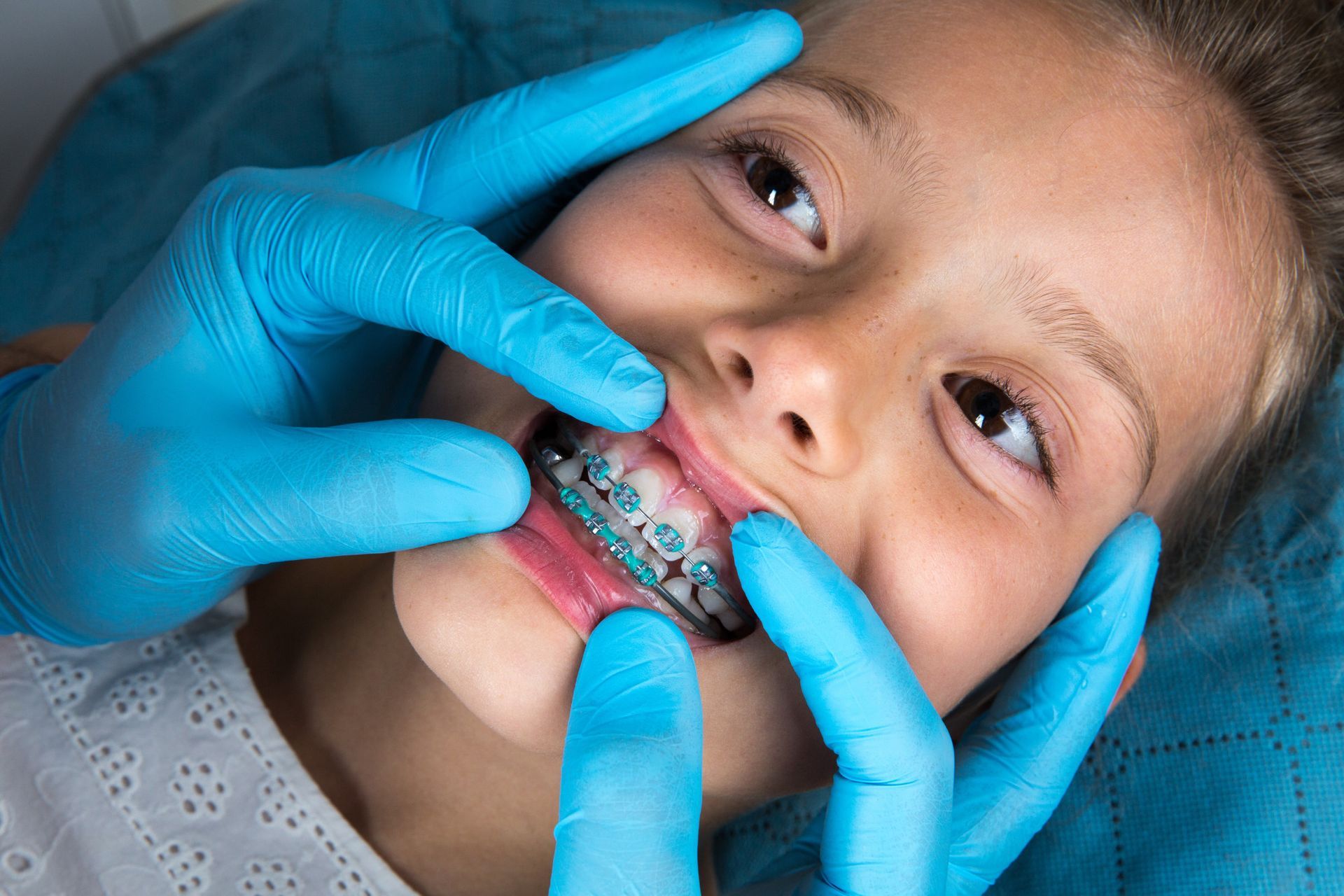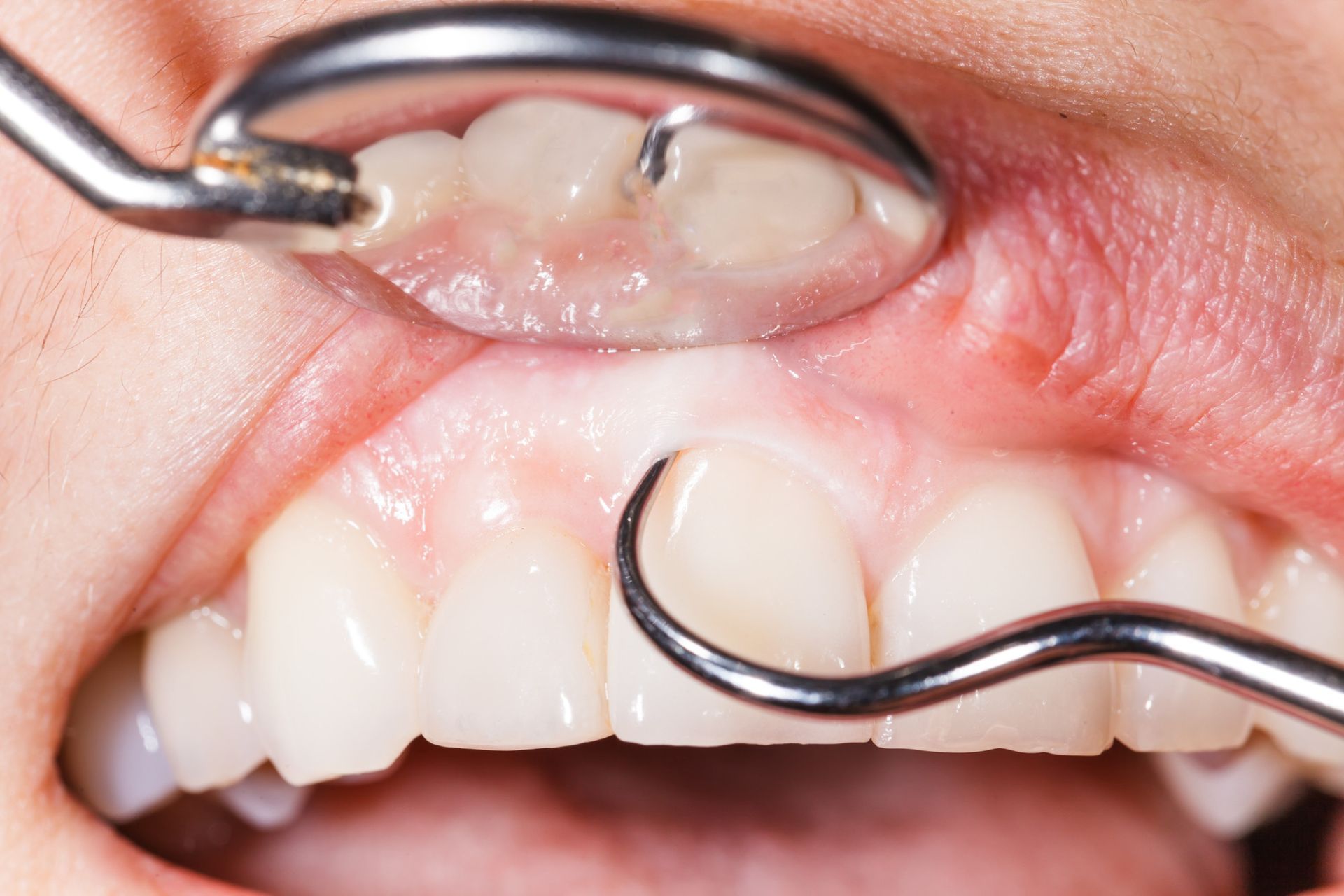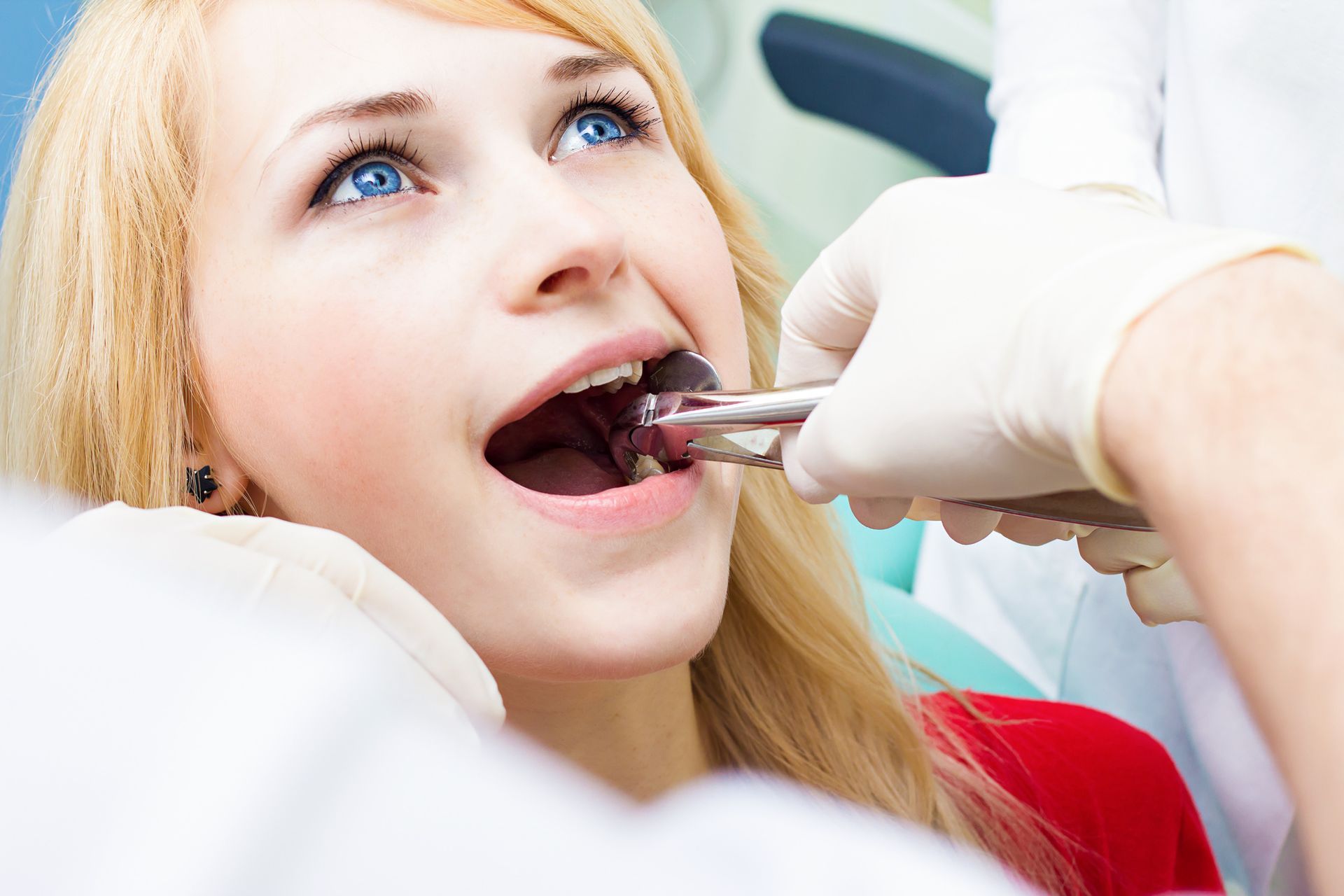The Causes of Sensitive Teeth & How You Can Deal With Them - What to Know
November 14, 2019
Ever bitten into something really cold and felt a sharp pain deep down your teeth? The chances are that you're dealing with sensitive teeth. Many things can trigger that painful sensation—eating something hot, cold, or even sour. You might be wondering, what causes teeth to be sensitive? What can you do to reduce the sensitivity? Let's find out.
The Cause of Sensitive Teeth
Several reasons can cause teeth to be sensitive. These include teeth wear, gum disease, and tooth decay.
Teeth wear is a natural thing to occur. Over time, the enamel of the tooth wears down, exposing dentine, which is the inner part of the teeth. It is the dentine—small tubes—that lead to the nerves located inside teeth. When eating something cold or hot, the sensation travels through the dentine, reaching the nerves.
Wearing down of the teeth can also be due to habits, such as teeth grinding. This speeds up the wearing down processes, exposing dentine even faster. For some, this can even cause the teeth to chip into small bits, exposing the dentine even further.
Overly brushing your teeth can cause sensitivity, as well. Brushing too hard or using a toothbrush with tough bristles can scratch away at the enamel that's protecting the dentine.
Gum diseases left untreated can also cause teeth to be sensitive, along with tooth decay, allowing bacteria to infect the tooth and cause sensitivity.
A visit to the dentist can also cause your teeth to be extra sensitive. Fortunately, the sensation does leave within a couple of weeks.
Fighting Tooth Sensitivity
With all the pain you need to go through to enjoy your favorite ice cream, you'd want to get rid of the sensitivity. How do you go about this? Book an appointment with the dentist. They'll check your teeth for any possible causes for tooth sensitivity, whether that is tooth decay, damage, or other reasons.
If you have any fillings present, the dentist will also make sure that it sits snugly and isn't loose. If the dentist discovers damage, such as a crack or a chip, he or she will get to work fixing it. If signs prove that enamel wear-down is present, a fluoride treatment may be carried out to strengthen the enamel once more.
Other than looking for a dentist to help address your tooth sensitivity, there are some things you can do by yourself. For instance, you can change your brushing habits, switching from a hard brush to a soft-bristled one.
One of the most useful things you can do if you haven't already is to switch your toothpaste for one that helps reduces sensitivity. It works by covering up the dentine's tiny tubes, keeping cold or hot away from the nerves. Although you need to keep up with the use of such a toothpaste to see its effects, it is great at what it does—addressing your sensitive teeth. If you're dealing with sensitive teeth and want to get rid of it, don't hesitate to see a dentist right away. They'll determine the root cause of the problem and will create a solution that works for you.
If you’re looking for a dentist in Mississauga to help you deal with your sensitive teeth,
get in touch with DAAS Dentistry to see how we can help!

Dr. Ehab Daas
Meet your doctor
Dr. Ehab is a passionate dentist with 15 years of dental experience. He received his D.D.S in 1997, and has practiced dentistry for 6 years since then. Immediately after that, Dr. Da'as moved to Paris to get his Orthodontics and Prosthodontic diploma's in which he specialized in fixed bridges and crowns. He graduated from France with remarkable achievements in 2005, and went on to work for 9 years, focusing on difficult orthodontics cases and satisfying his ortho patients. Dr. Ehab moved to Canada in 2014 to continue his career, where he is proud and extremely honoured to provide his patients with the highest quality service.
Learn More

